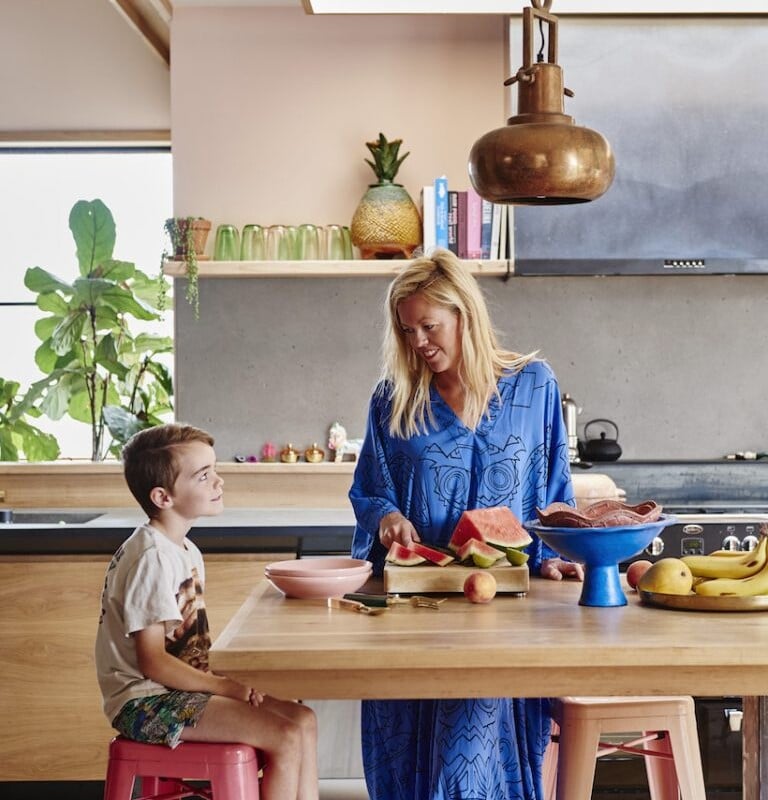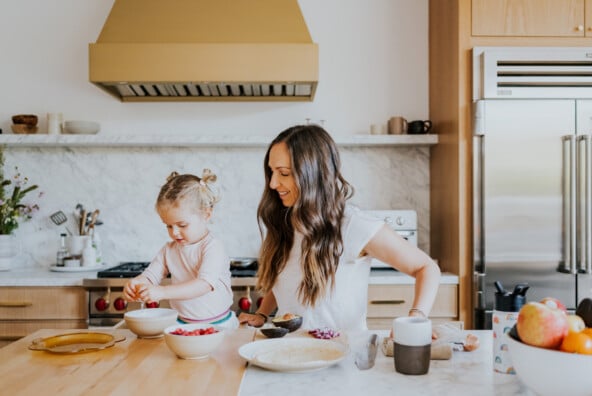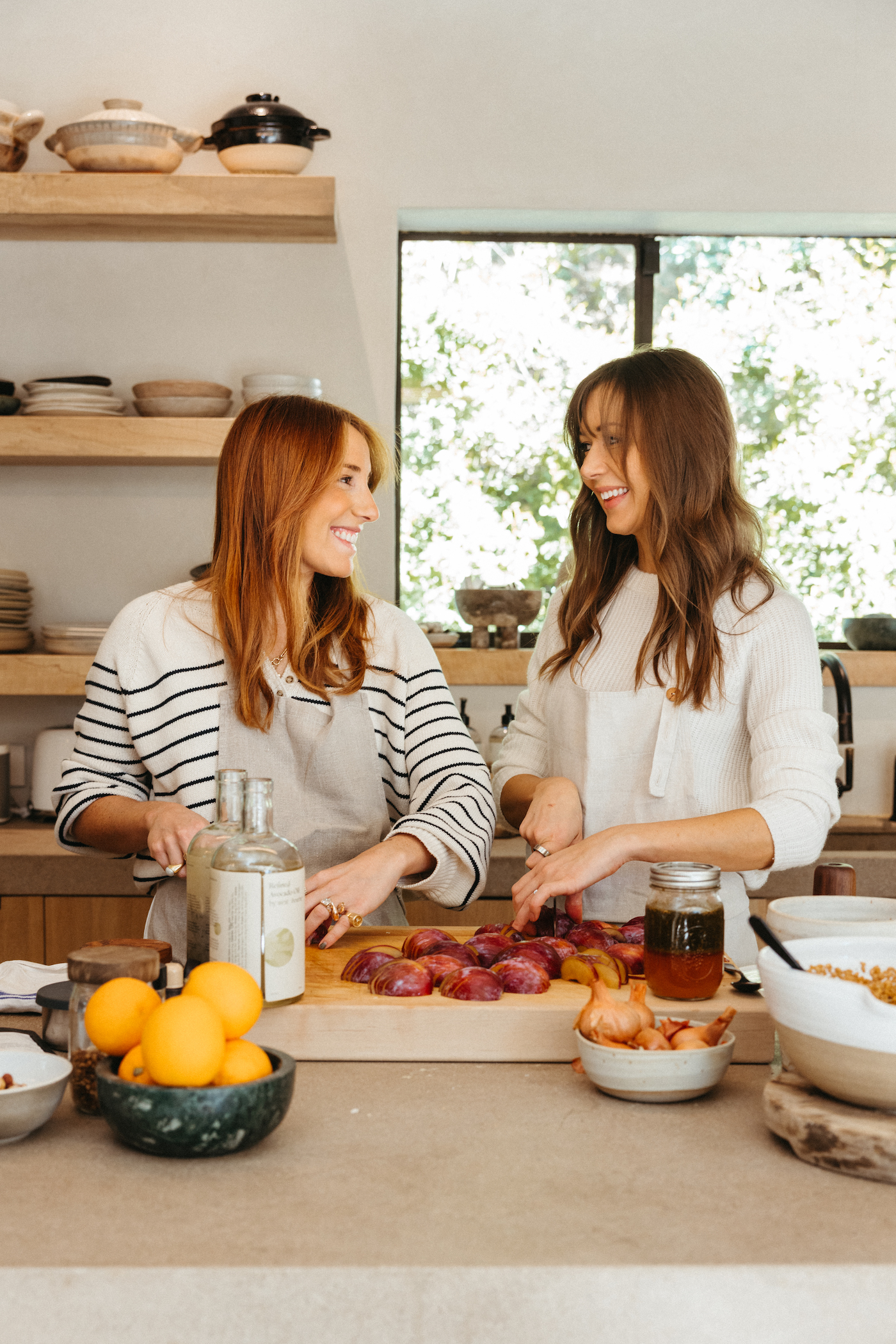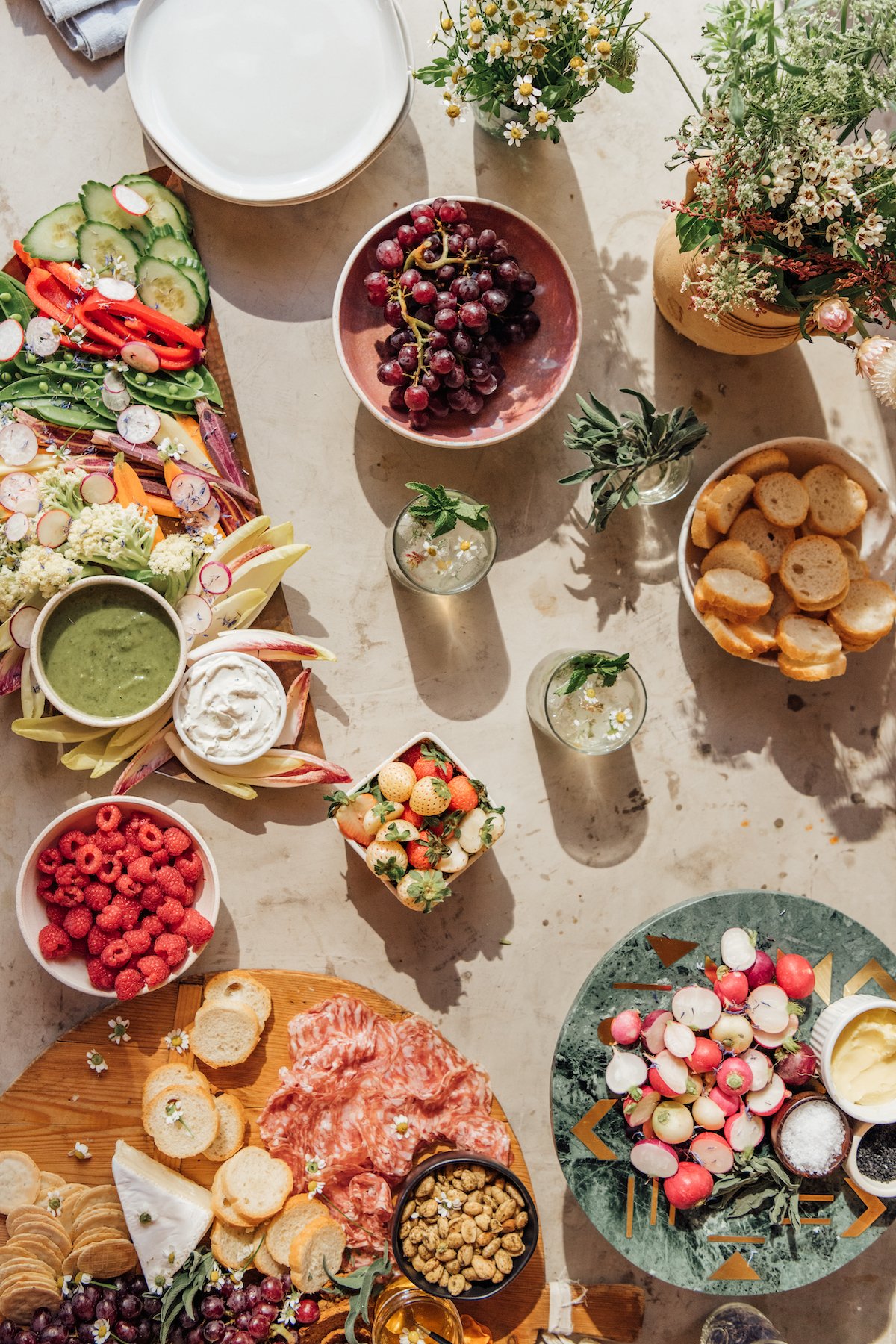“Put your shoes on. Go brush your teeth. Eat your veggies.” Sound familiar? I do it, too! All-day long, most parents are talking at our kids and trying to get them to continually move forward, which is an exhausting feat within itself. In our extremely busy lives, the day can pass by in a blur. But how much time do we really spend listening to and engaging our kids for their thoughts and ideas? It’s time to get comfortable with thought-provoking questions that spark conversation and curiosity! I am challenging all of us to find space in what we are already doing in our daily lives to create a two-way, meaningful conversation between ourselves and our kids. So, what are some good questions to ask your children?
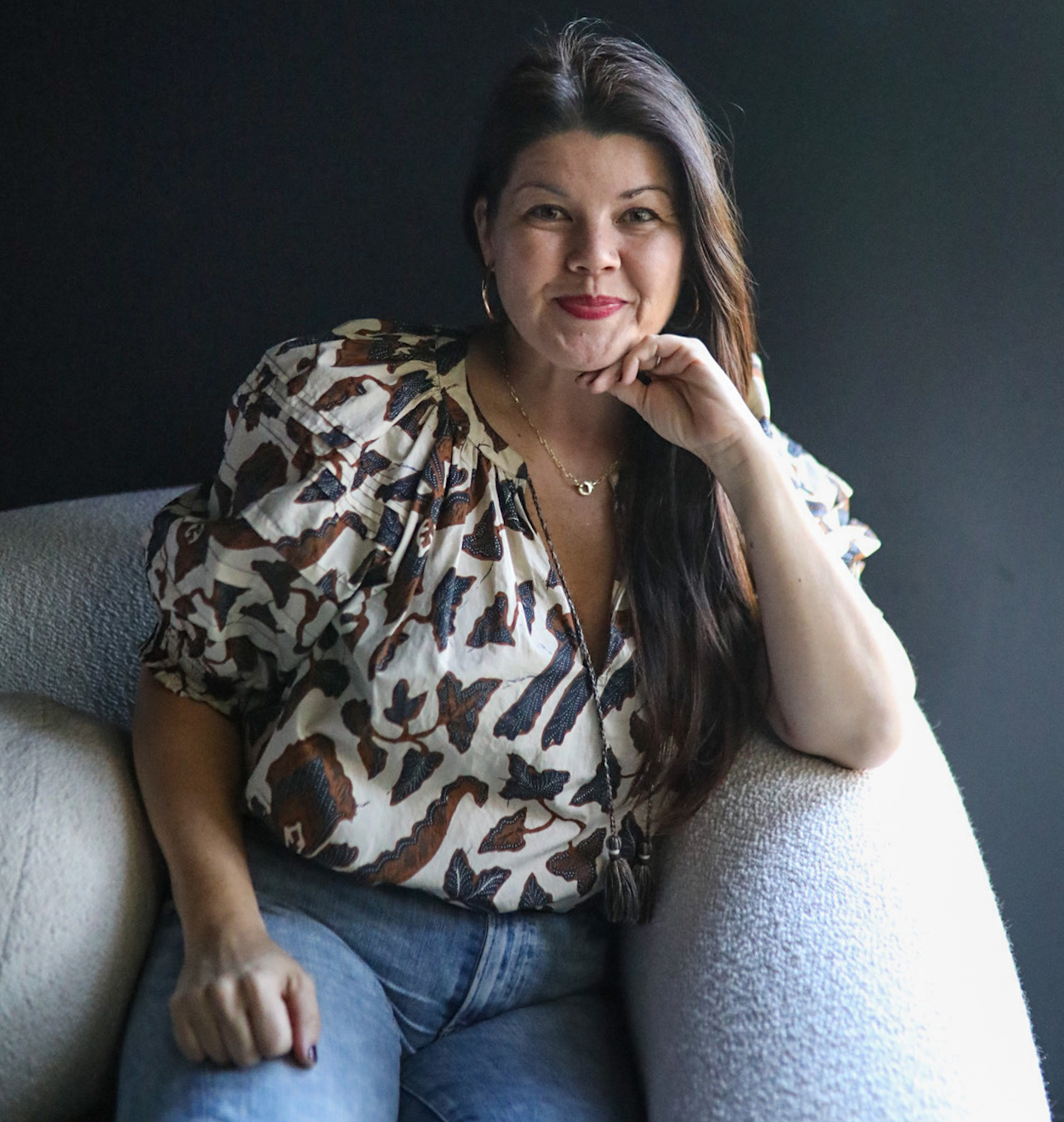
Tara Miko is a serial entrepreneur based in Austin, TX, where she lives with her husband, Jason, and her six-year-old daughter, Poppy. She created Bright Littles with the goal of finding ways to have engaging teaching moments with her daughter about important life topics like health, safety, nature, diversity, and self.
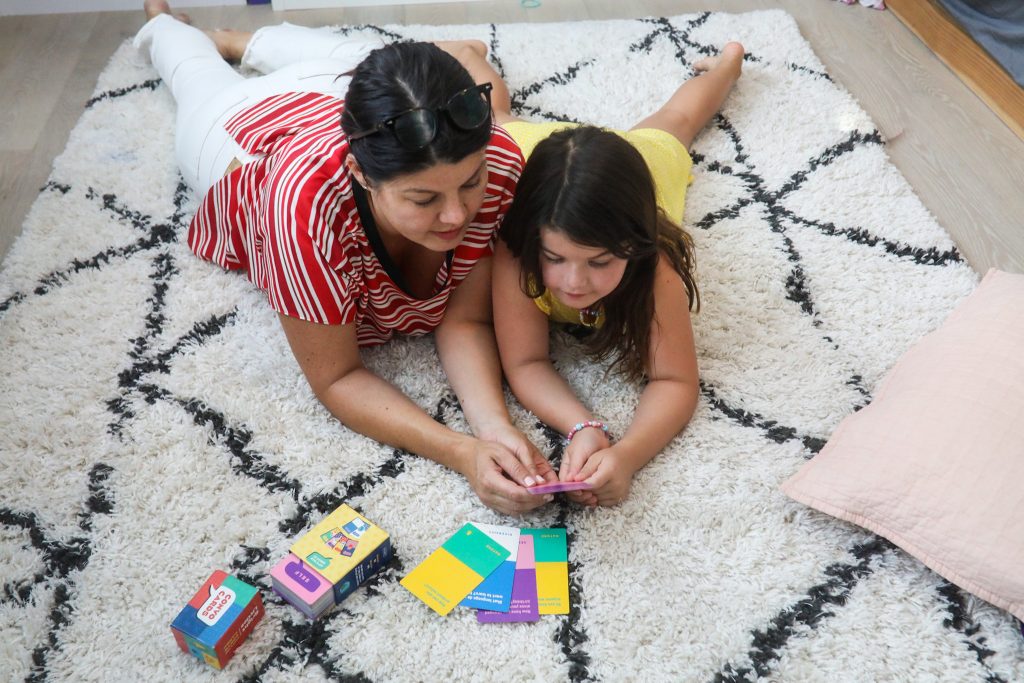
As a mother, my instinct is to protect my baby, wrap her in bubble wrap and not let her out of the house until she is 30. Since I am pretty sure that’s not an option, my job is to prepare her for the real world all while making her feel safe for the years I do have with her at home. I get it: you never want your kid to get their feelings hurt, be left out, fall down, or be in an uncomfortable situation, but the fact of the matter is, those scenarios will happen and I want my child to be prepared to deal with hard things.
Have you ever been asked the question “what would you tell your younger self?” I think back to the time when I didn’t get invited to the sleepover or I had my heartbroken. I wish I had the emotional tools I have now to help me navigate those situations and know that not everyone is going to like me, and that’s okay. It doesn’t mean that anything is wrong with me.
The world we grew up in no longer exists and our children will be leading arguably the most critical century in human history. Parents today are tasked with preparing them for the challenge in a world we haven’t experienced. With climate change accelerating, social injustices dividing the nation, and biased media ever-present, what are our children hearing and absorbing? What lessons are they learning? How are their personal values being shaped?
We have the privilege to raise brave children who have a voice, innovate, and connect to society as never before, but the conversation must start today to make this future happen, and the tools are lacking.
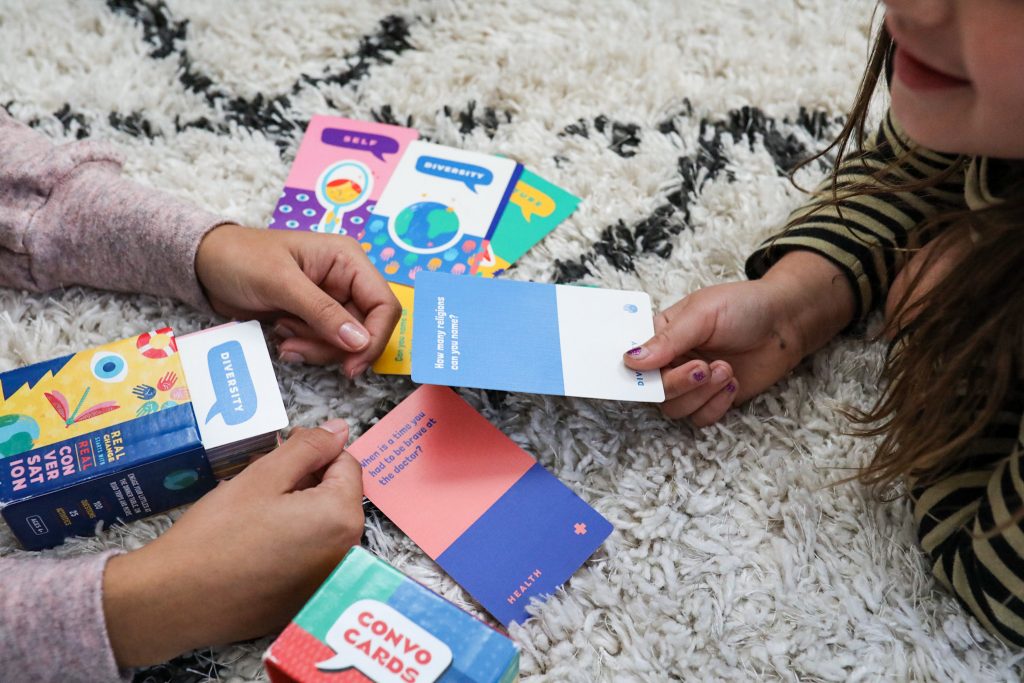
I love books, so much in fact that I am writing one, but reading books at bedtime at our house is done to wind down for the evening, perhaps inspire a dream or teach her about Rebel Girls. Reading a book is in itself continuing the theme of one-way communication. We need to make time to create conversation and encourage meaningful, two-way discussion with our kids.
Our kids are filling in the blanks with or without us from what they hear on the playground, on television or YouTube, or from the adult conversations overheard at home. Kids are curious and absorb everything. It’s so important we meet them where they are and keep the lines of conversations open to help them understand, grow, and prepare.
Um okay… but why, when, where, and what do I ask?
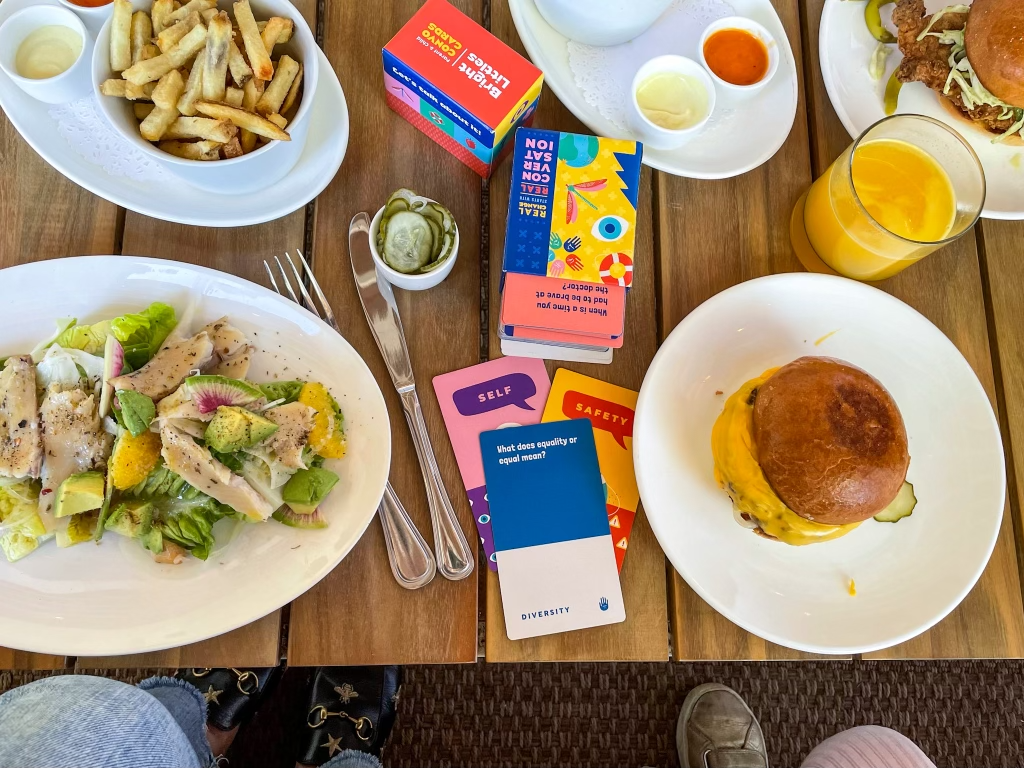
Let’s start with the why!
Asking big questions opens up the doors and builds trust that will carry into their teen years. It also builds self-esteem, helps them develop social skills, and find their voice. Asking tough questions helps us as parents understand what our kids know and what they don’t know, allowing us to help shape and prepare them.
When is a good age to start big conversations?
We need to start asking meaningful questions of our littles as early as three or four years old. In fact, studies show children start choosing friends based on skin colors as early as three years old. Preparing our littles ones will help with critical, unbiased thinking and give them the tools they need to explore religions, be compassionate of others, develop self-esteem, and understand the impact they can have on the environment. Not to mention, they can help prepare them for if they ever find a gun, if there was a fire at home or if a stranger approached them.
Where is the best place to start a conversation?
Your day-to-day life presents so many opportunities to talk with our kids… Sitting at the dinner table, on a road trip, stuck in traffic, on the way to school, walking the dog, or at a playdate. A meaningful conversation can be as little as three minutes.
You might be asking yourself, what defines a meaningful question?
A great way to get started is to think about asking questions in the categories of diversity, safety, health, self, and nature. Think about each topic through the lens of the child from an age-appropriate level to experience.
Here are some examples to get you going:
- What are ways we can help the earth in our own neighborhood?
- Do you know someone from a different country?
- What are ways you can calm your body when you feel angry?
- What do you do if you find a gun?
- Have you ever been a helper?
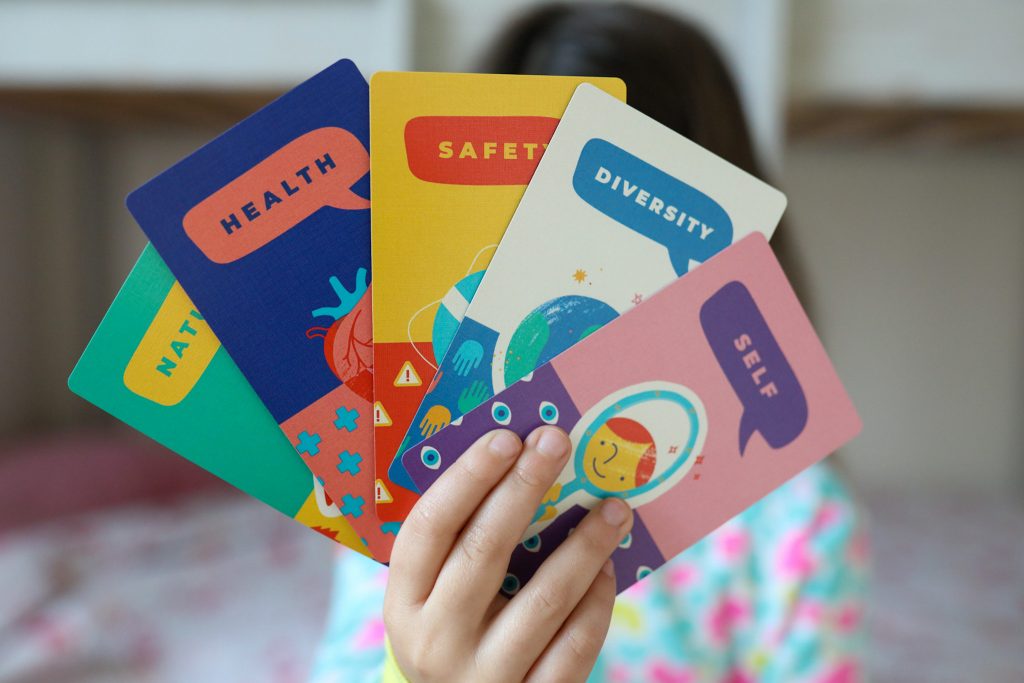
Challenge: Start a conversation with one meaningful question on the way to school.
It’s important that we are honest with our kids and take opportunities to share our personal experiences. Greet their big questions with, “That’s a great question. Why do you ask?” So you can respond accordingly. Lastly, remember it’s okay to reply to a big question with, “I don’t know, but let me get back to you!”
Fostering communication, starting at a young age, will positively impact them for the rest of their lives. As parents, we might not have all the answers, but we need to be brave enough to ask the questions. All of these thoughts and hopes for my daughter are what led me to create Bright Littles. It has been the most fulfilling experience of my life creating a product to help parents facilitate these big conversations.
Real change starts with real conversation.


